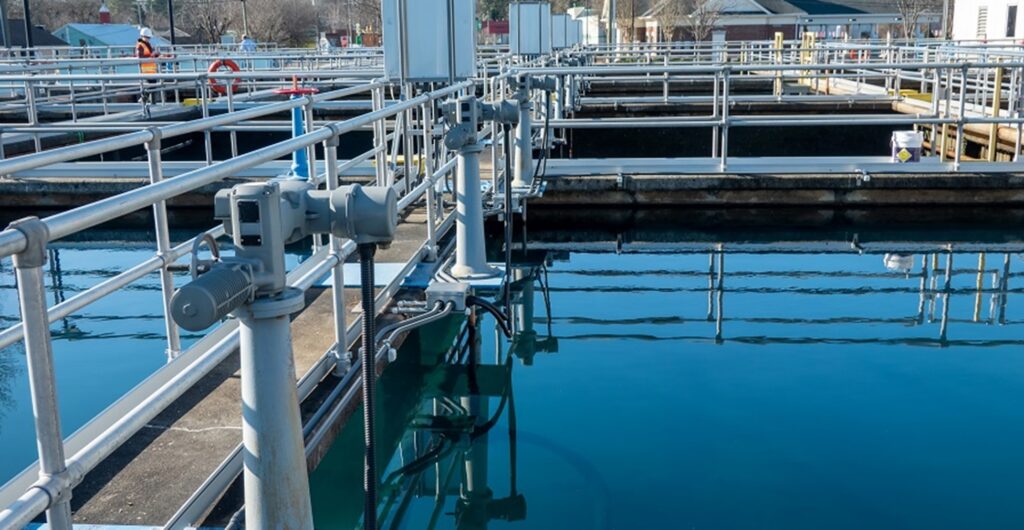By Josh Heupel
Throughout the United States, a trend encouraging the privatization of previously municipal water systems has become more prevalent as state legislatures have begun to adopt policies trademarked as “fair market value” legislation. Traditionally, privatization of municipal water systems was unpopular and not enticing to private water companies since the system in question had to be “distressed,” meaning it had significant infrastructure or operational issues. How the value of these municipal systems are assessed has historically been limited to their “book value” – meaning the original cost of the system minus its loss in value.
Fair market value acquisition legislation has created a new rate-setting process that has made the acquisition of these distressed systems more enticing and profitable for private utilities. With fair market value legislation, the cost of the municipal system becomes the base rate, which determines the fees that can be charged to water consumers. Thus, if your water utility was bought, the price the for-profit utility paid for your system would be covered by your water bill. Meanwhile, previous generations of municipal customers have already invested into building this system, and this community asset is now in the hands of shareholders. Through this method of system valuation, private companies are willing to spend more on a higher sale price as the company doesn’t ultimately have to pay it off, the residents do.
The incentive for privatization for a cash strapped local municipality is clear. When fair market value legislation is passed, increasing the allowable base water rate, acquisition offers from private water companies soar. Faced with millions of dollars up front and hidden costs to the community, struggling systems and municipalities may not see another path but to hand over their publicly owned water systems. Fair market value legislation creates a unique situation where both sellers and buyers want to increase the sale price of a system, since municipalities will receive much needed investment and private utility companies guarantee that they will recover their investment by spreading rate increases across their new consumer base.
While fair market value legislation can seem like a solution for aging water systems, consumers are ultimately left to hold the bag while their local governance and assets are lost. Stay tuned for our next blog post in this series where we dive into how privatization has already made water increasingly unaffordable in Pennsylvania – and how advocates are fighting back.
Learn more about water privatization in our blog post – “Selling Public Water: How Privatization is Raising Rates in Pennsylvania“








